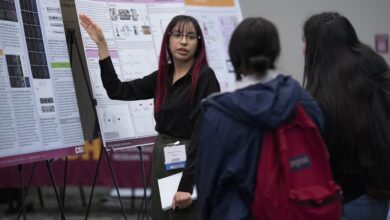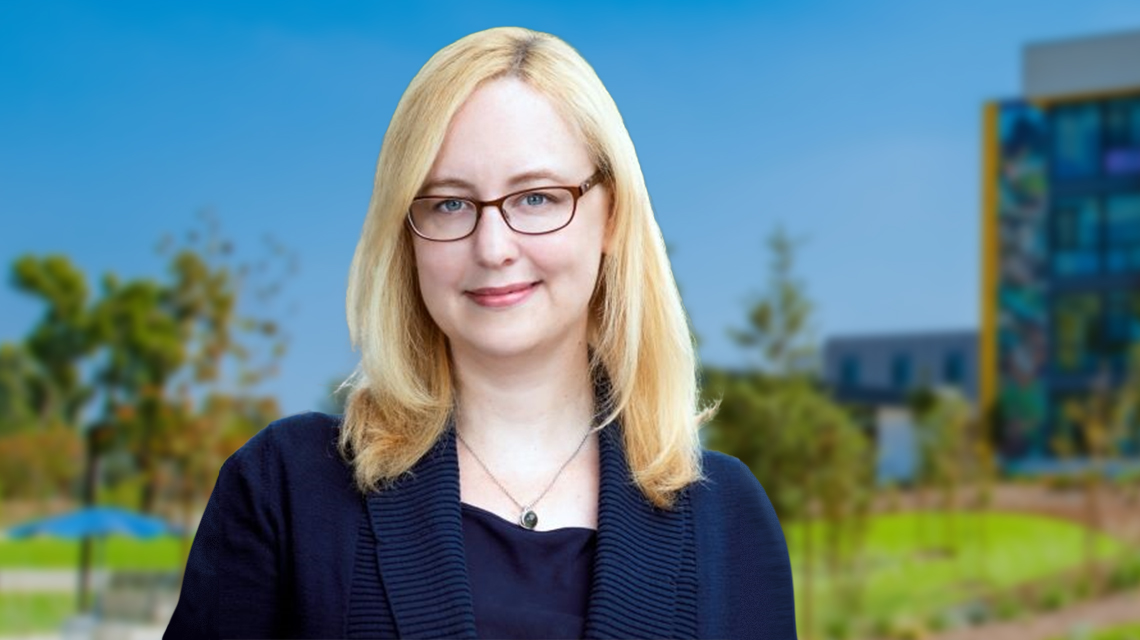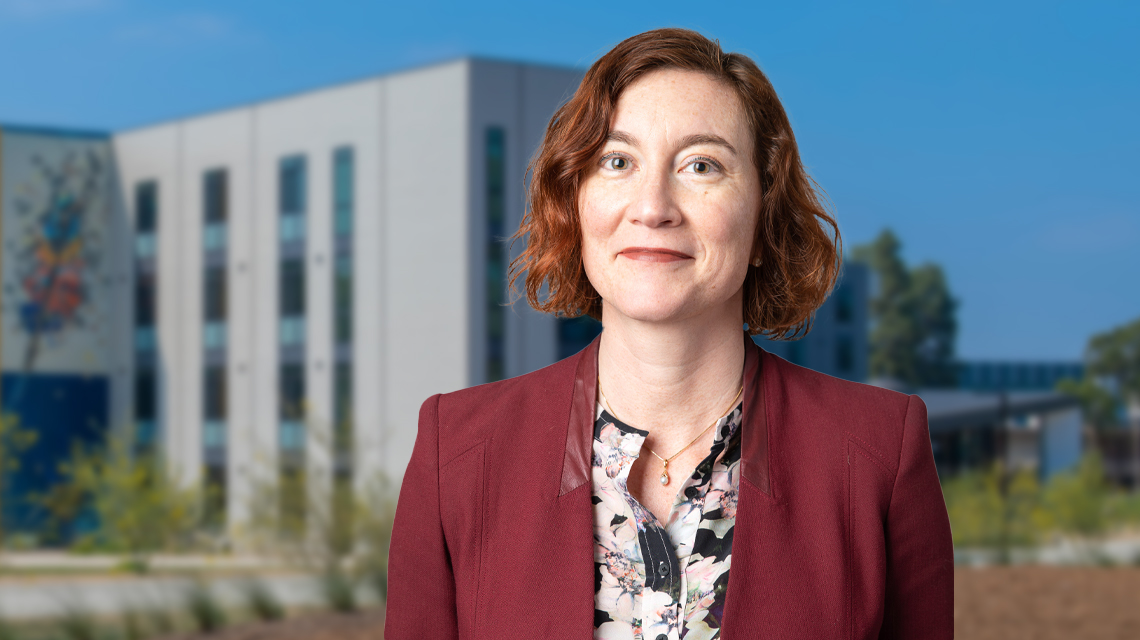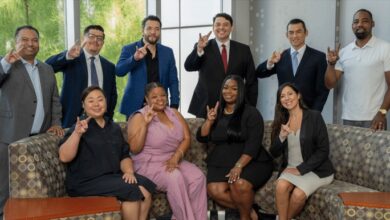Staff
-
Archive

Toros Share Their Scholarship at Annual Student Research Conference
CSUDH held its 20th annual Student Research Conference (SRC) on March 4-6, with students descending on Loker Student Union to show…
-
Archive

Toro Basketball Squads Roll Into Conference Tournaments
Toro guard Nala Williams leads the nation in steals. The nationally-ranked CSUDH basketball teams closed out their regular seasons in…
-
Archive

CSUDH Receives New Research Designation
California State University, Dominguez Hills has received the new Carnegie designation Research Colleges and Universities (RCU), the American Council on Education…
-
Campus News

Sheree Schrager Appointed Dean of Graduate Studies and Research
California State University, Dominguez Hills (CSUDH) has appointed Sheree Schrager as dean of Graduate Studies and Research. She will begin…
-
Campus News

Jessica Pandya Appointed Dean of the College of Education
California State University, Dominguez Hills (CSUDH) has appointed Jessica Pandya as the dean for the College of Education. She will…


